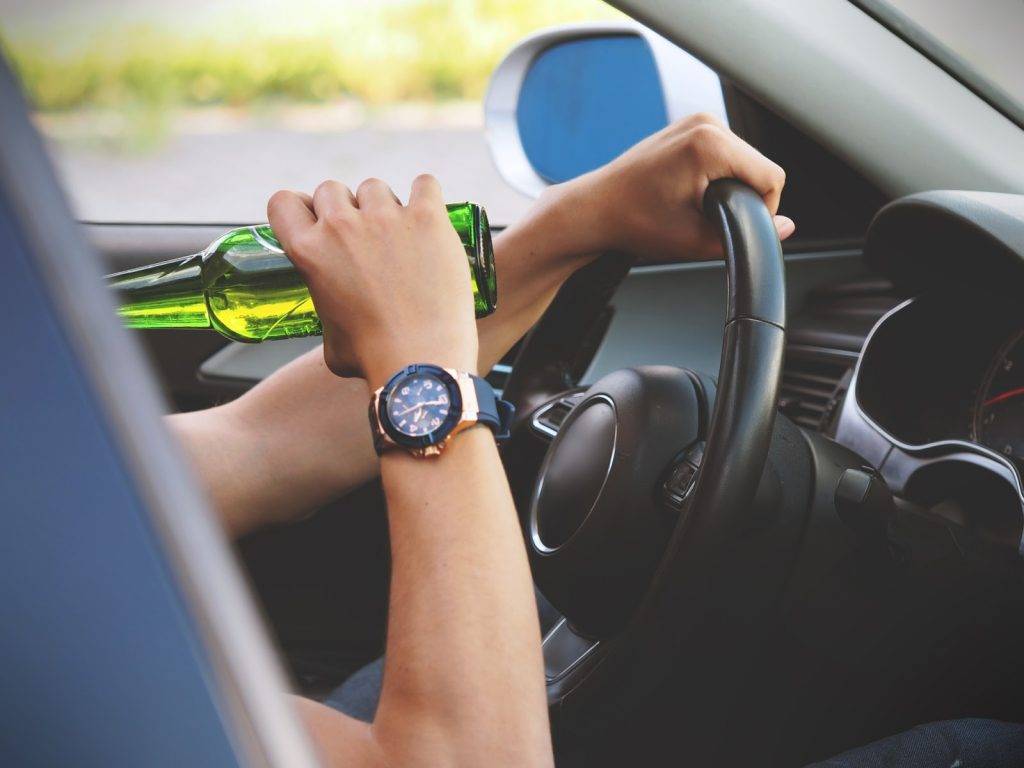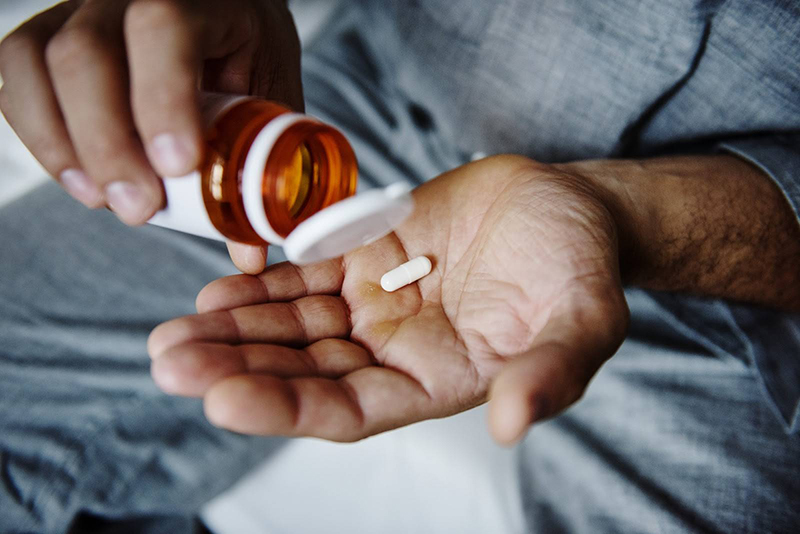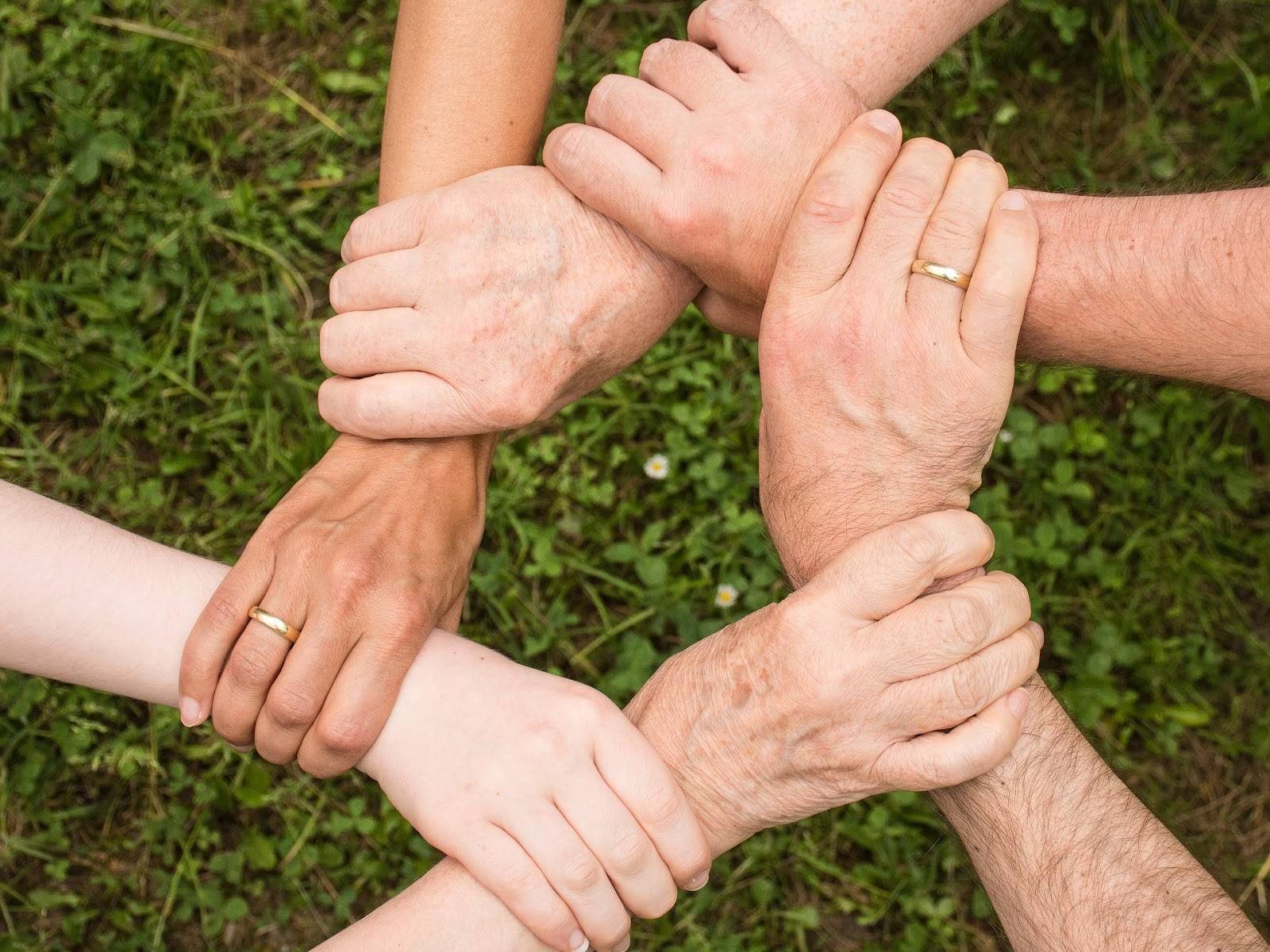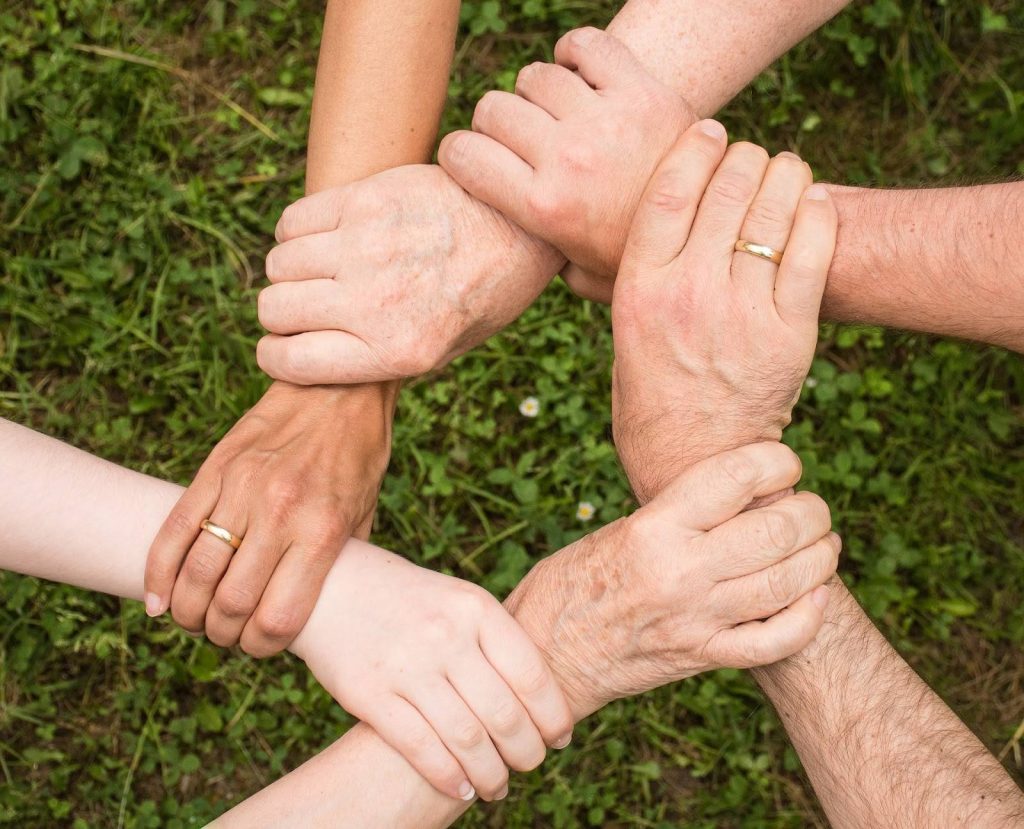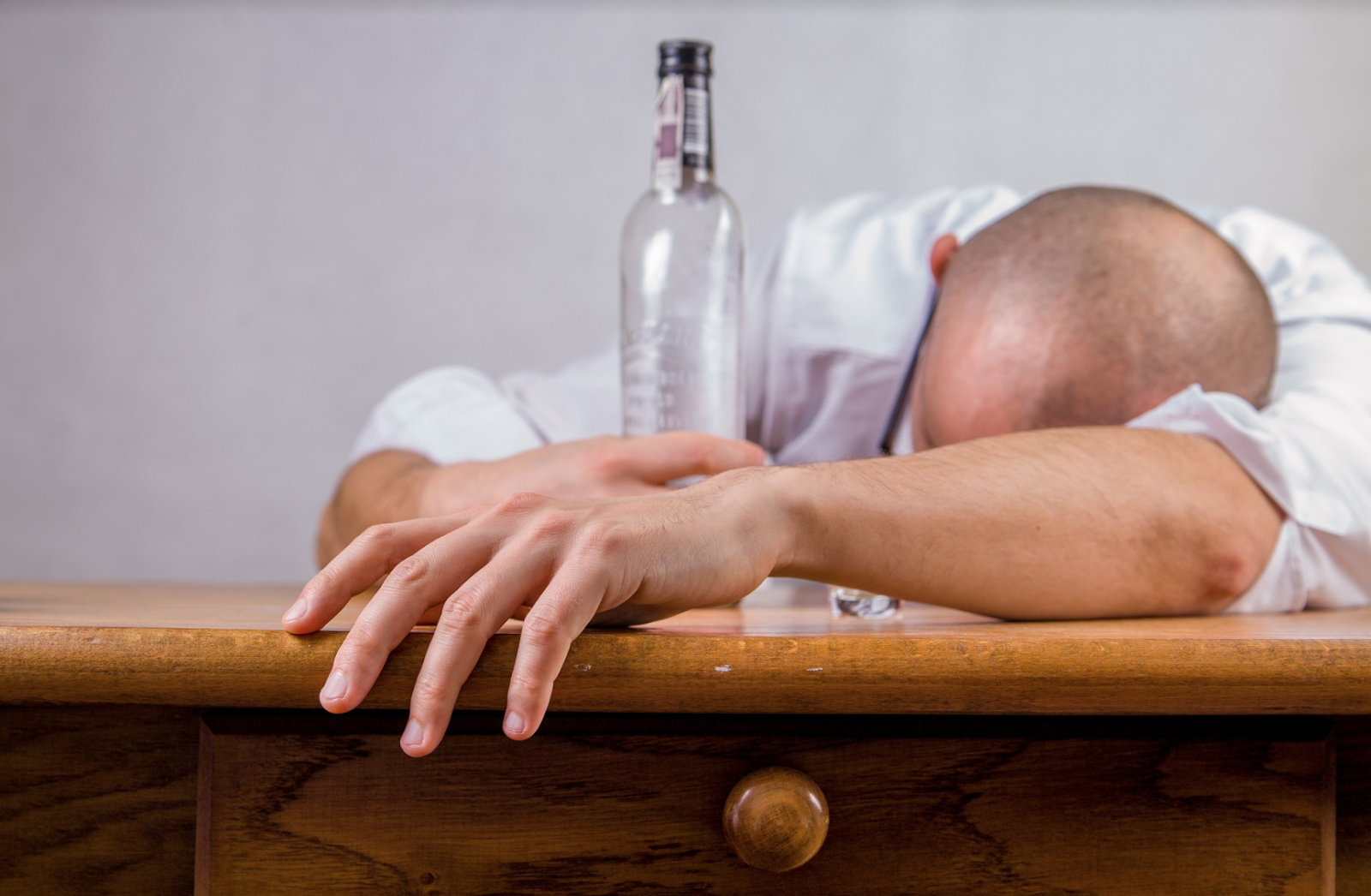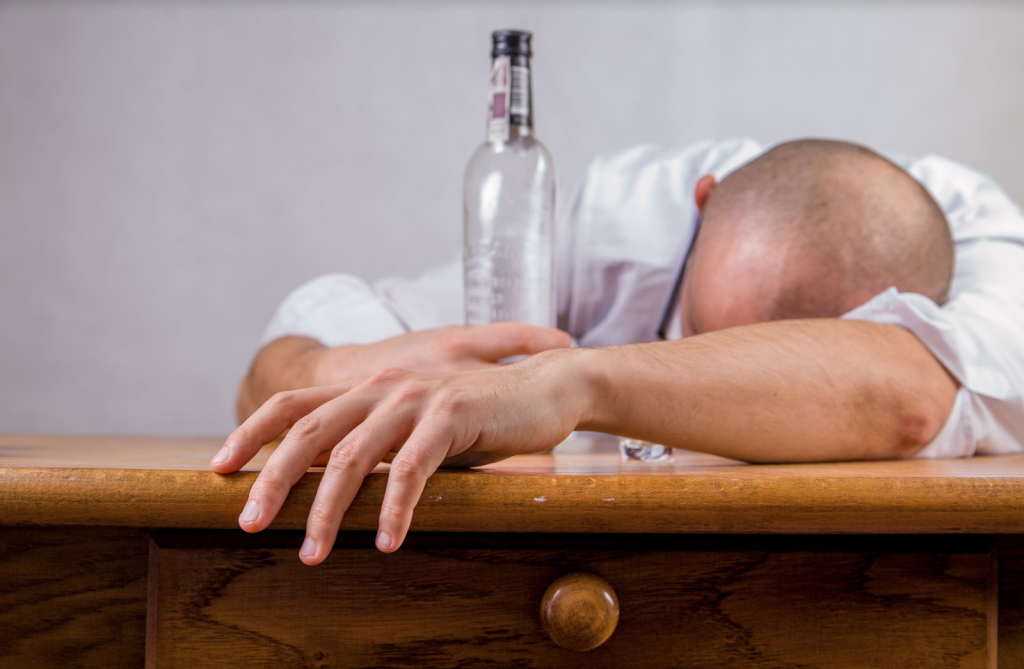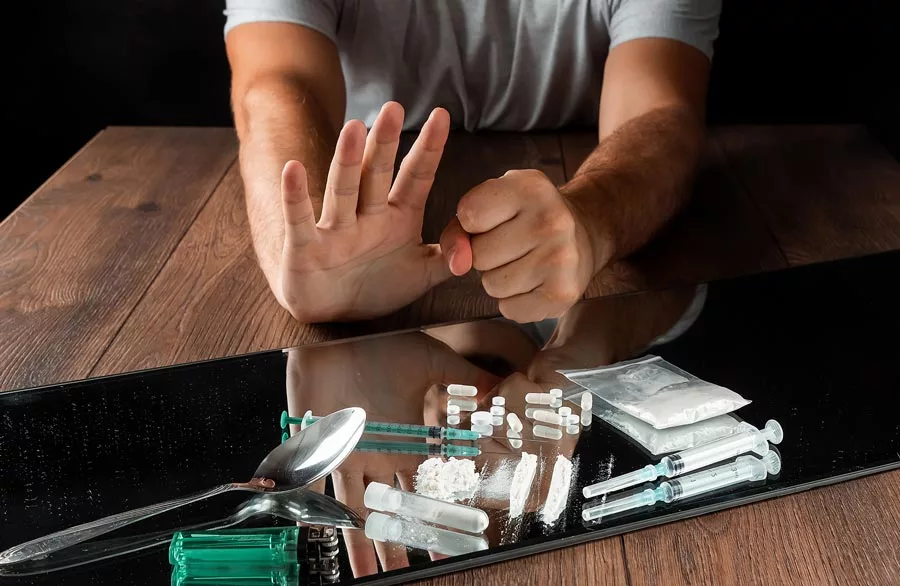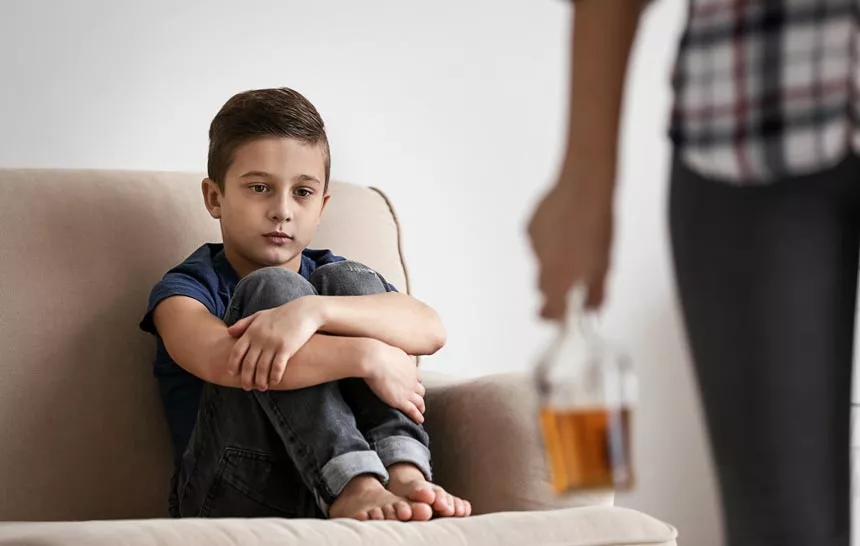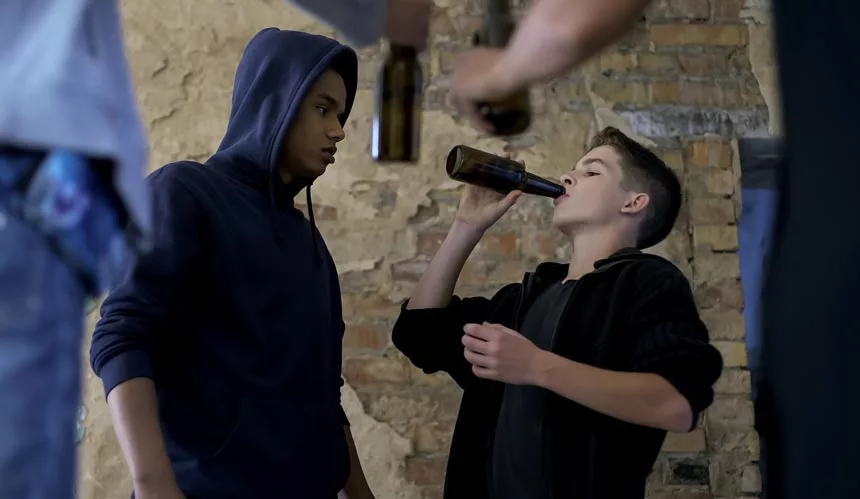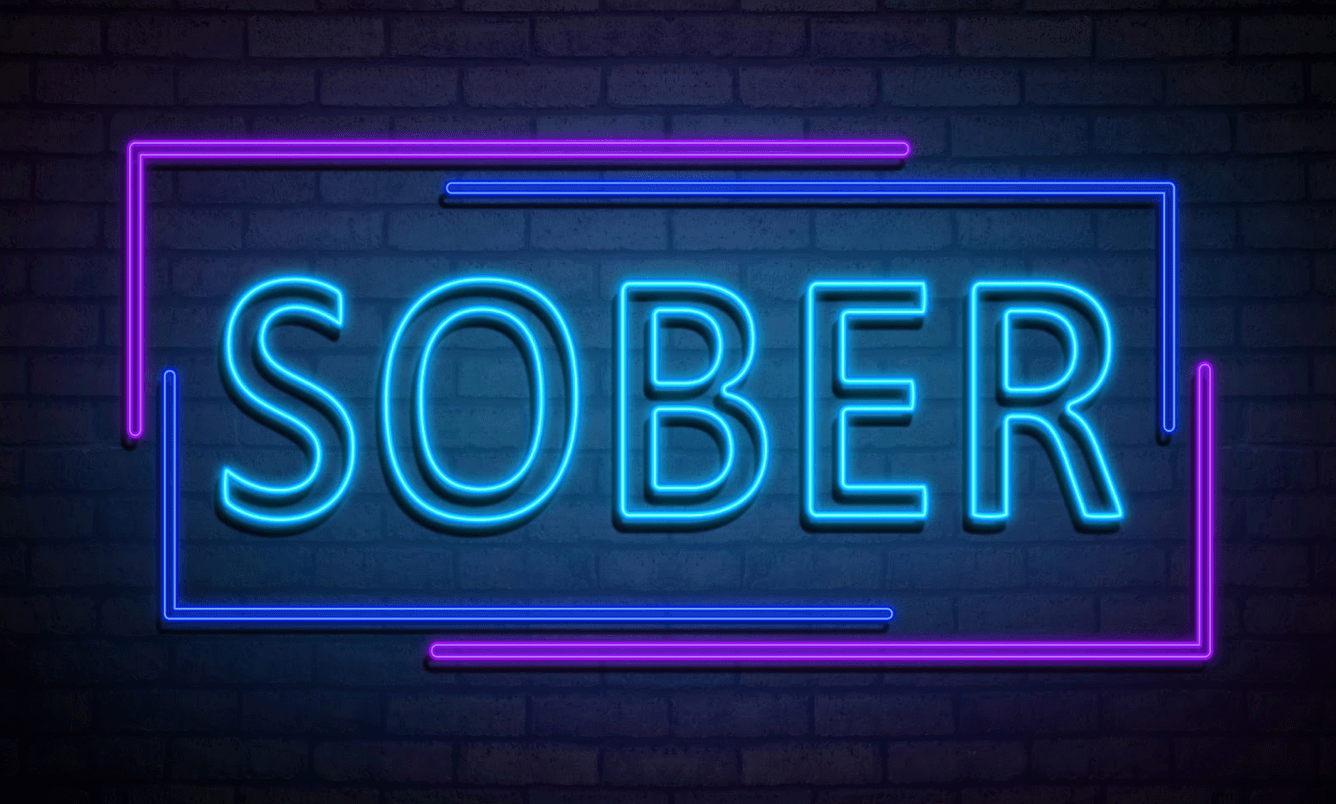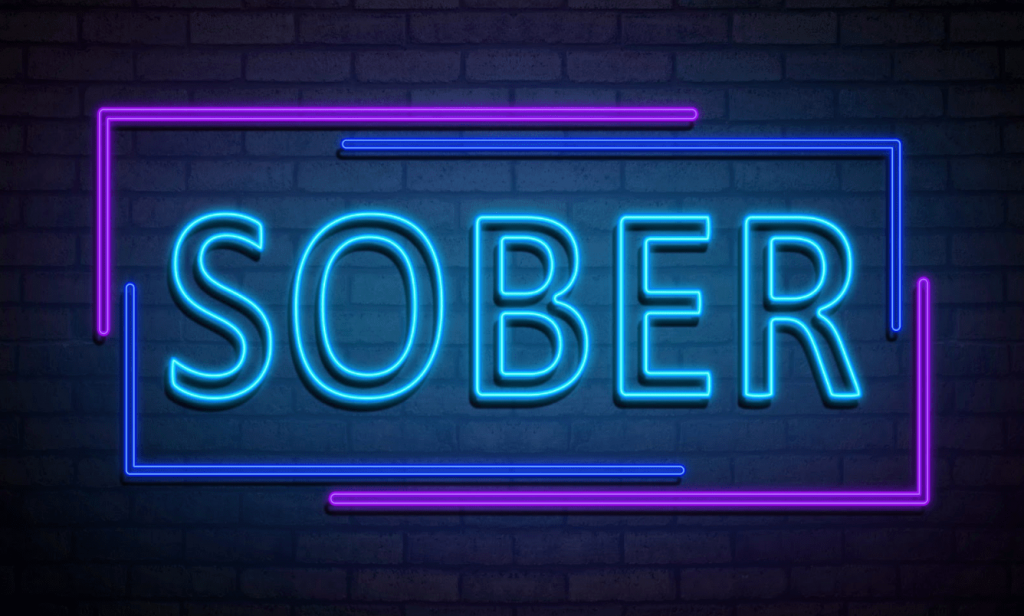If you’ve watched a lot of movies about college students, you might be under the impression that everyone experiments with drugs when they’re in college. But this simply isn’t the truth. Because of this, we’ve decided to highlight exactly how to avoid drug use in college, and reasons to consider it.
According to the Substance Abuse and Mental Health Services Administration, some college students do admit to using drugs like marijuana, cocaine, and heroin. But surveys have shown that only about one out of every five college students uses illicit drugs regularly.
Are you concerned that drug use in college could potentially be a problem for you? Whether you’re a recovering drug user who wants to steer clear of drugs in college or someone who has never used drugs and wants to keep it that way, there are steps you can take to avoiding using drugs during your college years.
Check out the things you can do to avoid drug use in college below.
Pick a College That’s Not Known for Its Party Scene
Every year, a variety of print and online publications put together lists of the top party schools in the entire country. These schools are very popular among those who are focused on spending a lot of time partying during their college careers.
But if your goal is to avoid drug use in college at all costs, these schools are not going to be for you. The last thing you want to do is put yourself in the middle of a place where you’re going to be subjected to heavy drinking and drug use all the time.
This doesn’t mean that you need to enroll in a school that has a “dry” campus. You can if you want to, but you don’t have to go to that extreme if you don’t like any of the schools with dry campuses.
You should, however, try to find a school that has little to no party scene, if possible. You won’t have to duck and dodge parties where drugs are being used all the time if you’re at a college where parties are few and far between.
Make the Right Living Arrangements
There is something to be said for spending at least a year or two living on-campus at college in a dorm. You can learn a lot about yourself and how you interact with others by setting up shop in a dorm.
But if you think that living in a dorm might expose you to drugs and increase your chances of using them, you don’t have to do it. You can either get an apartment off-campus or, better yet, live at home with your parents as a commuter student.
If you choose to move into an off-campus apartment, just be careful about who you move in with if you decide to live with roommates. You could end up putting yourself into a position where you’re living with someone who uses drugs and exposes you to them every day.
Fill Your Academic Schedule Every Semester
One of the most effective ways to avoid drug use in college is by staying busy as often as you can. Rather than taking the bare minimum number of college credits each semester, jampack your schedule so that you’re always either in class or studying.
Outside of helping you stay away from drugs, filling up your academic schedule will also allow you to graduate sooner than expected. This could cut down on your college tuition and make it easier to pay off student loans if you’re planning on taking them out.
Get Involved With the Clubs on Your College Campus
While it’s good to stay busy when you’re in college in an effort to avoid drugs, you shouldn’t spend your whole life sitting in the library. If the only thing you do is study, study, and then study
some more, you’re going to burn yourself out.
Why not give yourself a break by joining one of the many clubs that are available on college campuses? Every college campus is obviously a little bit different, but you can often join:
- Cooking clubs
- Community service clubs
- Religious clubs
- Sports clubs
- Music clubs
Joining clubs will help you to meet new people who share interests similar to yours. You’ll often form longer-lasting friendships with people when you meet them at clubs as opposed to meeting them at parties, bars, or nightclubs.
Choose Your College Friends Wisely
If you want to stay as far away from drug use in college as you can, it’s going to be important for you to pick and choose the friends that you make wisely. You don’t want to spend your days hanging out with a habitual marijuana user if you’re trying your best to avoid drugs.
When you’re in the process of getting to know new people in college, look out for the signs that they might be a drug user. You might want to reconsider hanging out with someone if you know that they’re using drugs on a regular basis.
Let People Know You’re Not a Drug User in No Uncertain Terms
Peer pressure is something that’s often associated with high school students. In fact, one recent survey suggested that about 90% of high school students admit to experiencing peer pressure.
But peer pressure can affect college students, too! Since college students are still trying to forge an identity for themselves, it’s not uncommon for them to succumb to peer pressure at the start of their college years.
You should mentally prepare yourself for this when you head off to college and vow to stick to your strict “no drugs” policy. You should also go out of your way to let those that you meet in college know that you’re not someone who is interested in using drugs under any circumstances.
This won’t prevent people from asking you to use drugs altogether. But it will make it easier for you to turn them down when people ask if you’re interested in taking drugs.
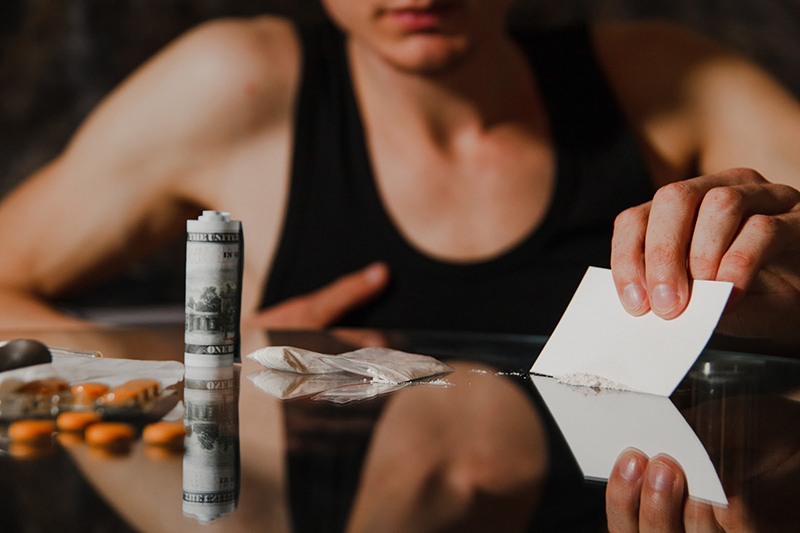
Speak With an Advisor About Any Struggles You Face in College
When most people think about going away to college, they think about how much fun they’re going to have when they do it. What they don’t always realize is that, while college can be fun, it can also be very stressful.
About 75% of college students say they’re stressed out a lot of the time. Additionally, about 20% say they’ve thought about committing suicide in college due to the stress, anxiety, and depression they feel while in school.
Many students turn to drugs and alcohol to manage the stress that they feel in school. They take this approach instead of trying to find better ways to cope with the stress that comes along with being a college student.
Rather than doing this, you should set up meetings with your school advisor when you feel stressed out and talk to them about your struggles. They can provide you with ways to manage your stress more effectively and help you avoid turning to drugs and alcohol to cope with your feelings.
There are so many people who find themselves addicted to drugs or alcohol because they utilized them as a coping mechanism in college. Do everything in your power to avoid falling into this trap.
Remind Yourself of Why You’re Choosing Not to Use Drugs
You likely have a great reason for wanting to avoid drug use in college. What is it?
Some people choose not to use drugs in college because they want to make sure they’re able to get good grades. Others decide not to use them because they want to graduate as quickly as they can and pursue a career that they’re passionate about.
You need to come up with a reason for wanting to stay away from drugs and write it down. Put it on a piece of paper and hang it up next to your bed if you have to.
Keep your reason in mind at all times, especially when you’re feeling pressured to use drugs. Your reason will help you say no each and every time that you’re offered drugs at a party or another event.
Over time, you’ll find that it will become easier and easier to avoid drug use in college. You won’t have to remind yourself about your reasoning once you see how much better your college experience is when drugs aren’t in the picture.
You Can Avoid Drug Use in College and Still Have a Great Time
Just because you’re choosing not to use drugs in college does not mean that you can’t still enjoy yourself. You can meet a ton of people, get awesome grades, and soak up every bit of the college experience—all without drugs.
By avoiding drug use in college, you’ll keep yourself on the right path and hit your academic goals before it’s all said and done. In four years (or maybe less!), you’ll leave college with a diploma and a great understanding of where your life is headed next.
Are you a college student who suspects that you might have a drug problem? Stop letting drugs hold you back. Contact us today to find out how we can help you get clean and stay clean so that you can get back to focusing on your studies.



